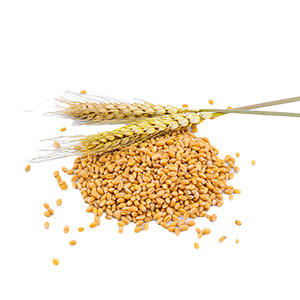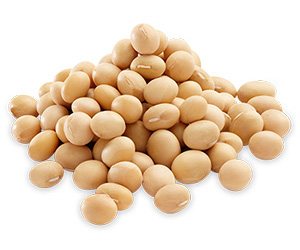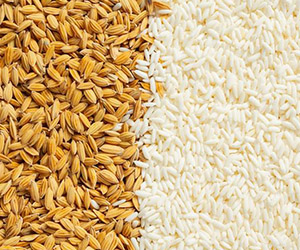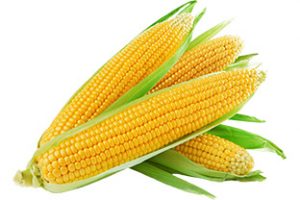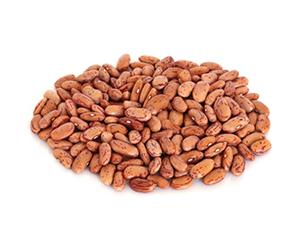By Adrian Chibanga, Chief Agronomist: Seed Co
As we head towards the summer maize harvest and winter wheat planting, farmers are being faced with choices on the best varieties to plant. One does not have to look far – Seed Co Zambia has been the market leader in this regard for a long time, with many years of experience in the wheat breeding business. And the Zambian bred variety, SC Shungu, has proven itself in the past few years to be the
variety of choice in the wheat sector. There is a number of reasons, of which high yields and good disease tolerance make it stand out.
SC Shungu is a medium maturity variety, with many excellent characteristics. The plant vigorously grow tillers, and should be treated with a growth regulator at first node emergence to avoid lodging. The variety is not as lush as the old faithful Nduna, but do not be fooled, it still requires similar management practices for even better results in most cases.
SC Shungu has an upright flag-leaf, which ensures maximum photosynthetic productivity. This in turn produces the high yields that this variety is known for. The majority of farmers will yield over 8 tonnes with SC Shungu, and the best farmers in the country will obtain yields of over 10 tonnes, even up to 12 tonnes.
Added to this high yield, the variety has good characteristics for baking, which includes falling numbers not under than 320, protein content around 14,5 to 15%, and a gluten percentage around 34%. These qualities make a well-managed SC Shungu crop a winner for farmers and bakers alike.
In Zambia, we have experienced serious disease pressure over the past few wheat seasons, and it is important for farmers to take cognizance of the ability of a variety to withstand disease. SC Shungu has stood out above all other varieties in its tolerance to BLS (bacterial leaf streak), as well as to rust. When other varieties in the country were failing with BLS pressure, SC Shungu was unaffected, and produced its customary high yields. In addition, SC Shungu has good tolerance to powdery mildew and medium tolerance to Septoria.
Alternaria triticini is becoming more and more of a problem in Zambia, and SC Shungu has shown medium tolerance to this disease. Like most diseases, Alternaria triticini overwinters on the trash, and in cases of serious infection, it will affect the grain. Recycling or retention of such grain for seed the following season is one of the major reasons the disease has been exacerbated.
Internationally, wheat fungal diseases tend to form “disease complexes”, which sometimes makes the positive identification of diseases difficult. Alternaria triticini complexes with Tan Spot (pyrenophora tritici-repentis) and sometimes also with Septoria, which can cause misdiagnosis. Fortunately, Seed-Co Zambia has a highly useful Agronomy Department that can help farmers to identify diseases. The Agronomy Department is backed in turn by the Pathology Department, where lab analysis can be undertaken on the various diseases that are encountered. This back-up helps the farmer to take confident steps to treat the diseases accurately.
All Seed Co wheat seed is subjected to the Seed Control and Certification Institute’s (SCCI) production and commercialisation regulations. It is tested to ensure that it attains the highest standards before marketing. With the advent of new and notorious diseases on wheat, Seed Co further includes pathology lab tests to ensure that whatever disease may have escaped the seed inspector’s eye is caught at the pathology tall gate and the seed lot that is found wanting disqualified. Seed Co’s affiliation to SCCI and
ISTA – the International Seed Testing Association is aimed at guaranteeing the farmer the highest possible quality grade seed because at Seed Co, we believe that: Great yields starts with the right seed!
For more details, contact a Seed Co Agronomist near you for details or call +26(0)211-426.
 Zambia
Zambia Seed Co Group
Seed Co Group Botswana
Botswana Kenya
Kenya Malawi
Malawi Nigeria
Nigeria Tanzania
Tanzania Zimbabwe
Zimbabwe West & Central Africa
West & Central Africa South Africa
South Africa
